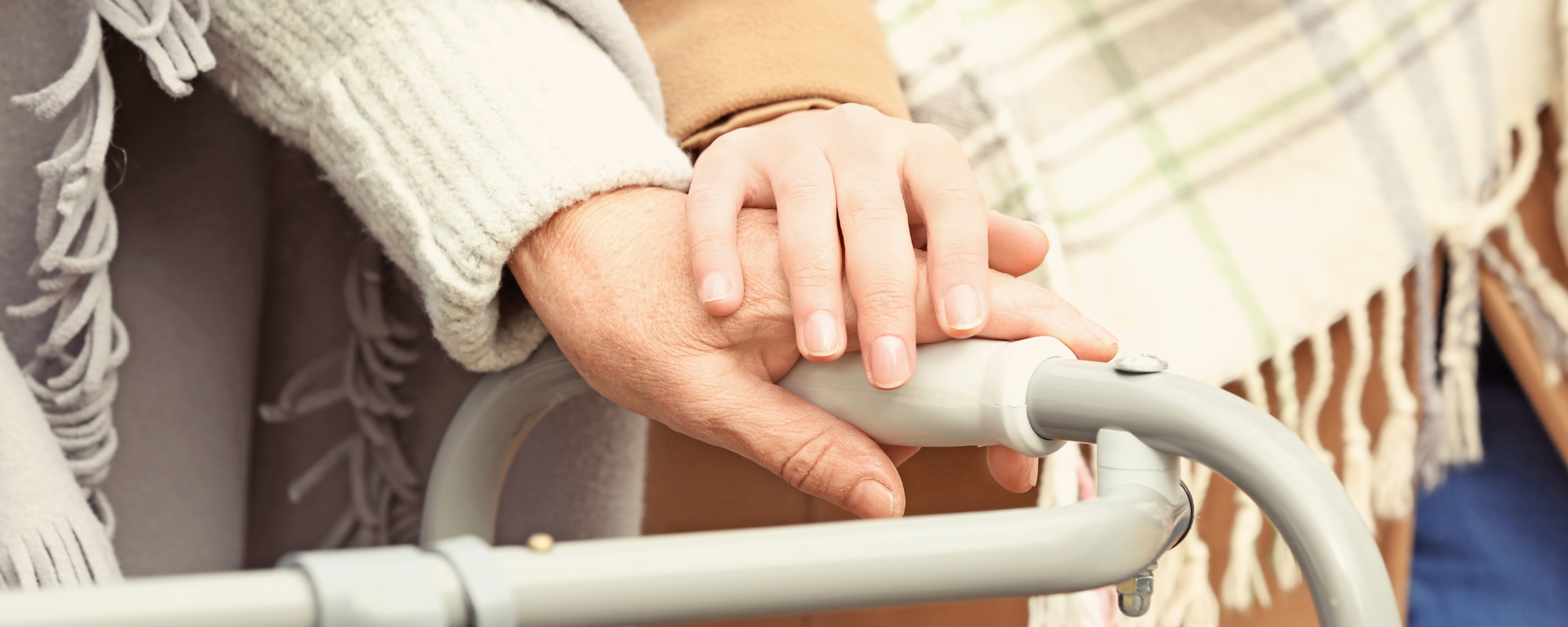Do you ever think about falling?
You’re not alone. As we age, both the chance and the consequence of falling increases, making us think about the risk of falling more often. According to this Finding Balance Alberta fact sheet, in 2021 there were over 10,000 fall-related hospital admissions. In fact, falls reportedly led to more injuries for seniors than any other cause. This makes fall prevention an important consideration for our overall health.
How Can we Prevent Falls?
Make Your Environment Safe
Look around you – a good place to start is in your home! Small changes to your physical environment, like putting your phone somewhere easy to access, can go a long way to prevent falls. Be sure to check for any clutter or tripping hazards and don’t be afraid to ask for help with cleaning or moving heavy objects out of your pathway!
Here are some other ideas to decrease your risk of falling at home:
- Install supports like grab bars in key areas like bathrooms, bedrooms, hallways, and your kitchen.
- Make sure all your mobility aids (cane, walker, etc.) are in good working condition, sized correctly for you, and that you know how to use them properly.
- Add slip-resistant backing to loose rugs or check to make sure your rugs have a rubber backing to help them stay in place.
- Wear supportive, well-fitting footwear (even inside your home). Avoid floppy slippers or footwear with an open heel.
Get Your Check-Ups!
Staying on top of your health will help keep you on your feet. Talk to your family doctor about how often you should get a check up and if there are any specific symptoms or concerns that you should watch out for.
Here are a few other ways your health care team can help you prevent falls:
- Review your medications with a doctor, pharmacist, nurse practitioner, or primary care registered nurse. Make sure to keep track of any side effects you experience and discuss them with a health care provider as soon as possible.
- Get your feet checked by your doctor, especially if you notice any loss of feeling in your feet or lower legs, redness, dry skin, or swelling.
- Get your vision checked and keep your prescription glasses up to date.
Build Your Strength and Your Confidence
Did you know that you are less likely to fall if you have strong legs and good balance? It’s never too late to benefit from strength and balance exercises, even if you’ve taken a break from physical activity. If you are new to exercise or starting up again after taking a break, make sure to talk to your family doctor before making any changes. Your doctor can also refer you to an Exercise Specialist, who can help you learn exercises that work for your lifestyle and fitness level.
Strength and balance exercises are good for more than just your muscles – they can help you feel confident and secure while participating in everyday activities. For some people this confidence also helps them remain engaged in the activities that they would have trouble enjoying if they were more worried about their risk of falling.
What to do if You Fall
A fall can still happen even if we take precautions. If you do fall, it is important that you know what to do and have a plan can help you remain calm and get the support that you need. Here are some steps to include in your plan for if you fall:
- Don’t rush. Take a moment to catch your breath and assess yourself for pain.
- If you feel like you can get up by yourself, follow the steps in the video to get up safely.
- If you are injured or don’t think you can get up, call for help.
Remember, even if you were not injured, you should always tell a family member or health care provider that you fell. They may be able to help find the cause of your fall, which can help prevent falls in the future.
Questions?
Talk to your family doctor about meeting with an ESPCN Exercise Specialist to help you add strength and balance exercises to your routine. An Exercise Specialist can help you with physical activity whether you are a beginner or just need some new ideas for your regular routine.
For online resources about preventing falls, visit:
Or call Health Link by dialing 811.
